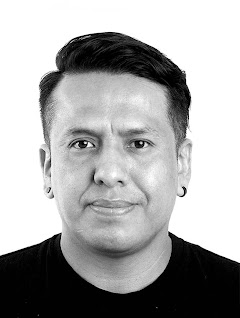Beat
I cover organised crime in the north of Mexico, as well as breaking news, sport and lifestyle pieces.
One Shot

“I took this shot while accompanying military police inspecting areas where they thought they would find perpetrators of organised crime. This girl’s expression left me in no doubt that children will always be the greatest victims of war. Violence clouds the innocence of a child and crime, death, blood and fear stay with them for their whole lives.”
Profile
My first memory of photography is a photo of my grandmother, whom I never had the pleasure of meeting. I held onto that picture as a child, wishing it would answer my questions or that my grandmother could tell me the stories that my parents shared with me about her. Many years later, I came to understand the importance of an image.
As a student I took part in lots of marches and protests. I took photos, thinking that others would be able see what was going on.
The first time I used a camera professionally was during a political event in the north of Mexico. I was really nervous because I needed to prove that I deserved to be paid for doing the thing that I most enjoy in life – taking pictures. Everything went badly, the photos didn’t come out the way I wanted them to. But mistakes are the best way of learning.
Covering funerals always leaves a major impression on me. At that moment it doesn’t matter who you are: a killer, a victim, an old person, a child or an adult in his or her prime. In the end, death makes all human beings explore their thoughts about all the bad things that happen every day.
I can’t channel the thoughts of everyone else when I take a picture, so I just try to think about how I would like the image to turn out.
I respect my parents, who taught me that it is better to smile even when things are going badly. They showed me day after day how much you can do for other people and not just for yourself.
Behind the Scenes


